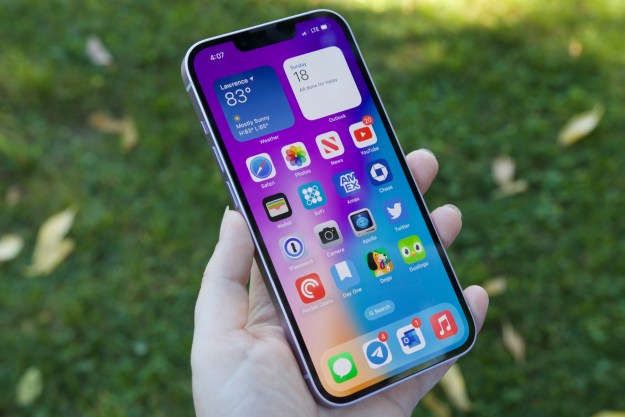
Just after its scoop about Facebook‘s “secret” new photo-sharing app for iPhone, TechCrunch is now reporting that the social networking giant plans to release an HTML5-based application platform, known internally as “Project Spartan,” that would entirely circumvent the Apple App Store. The platform will reportedly run entirely through the iOS mobile Safari browser, rather than as a stand-alone app (which would require Apple’s approval).
So, why would Facebook produce such an application? To maintain control of its product, of course.
“Facebook will never admit this, but those familiar with the project believe the intention is very clear: to use Apple’s own devices against them to break the stranglehold they have on mobile app distribution,” writes TechCrunch‘s MG Seigler.
Facebook is about to hit a staggering 700 million users worldwide — more than enough of a fan base to create a viable rival to Apple’s dominance in the mobile app sphere. Unfortunately, they still need Apple’s iOS devices — iPhone, iPad, iPod touch — to reach users, which is why they’ve chosen to go the HTML5 route.
Project Spartan has reportedly been in development for at least a few months, and possibly much longer, says Seigler, who claims to have seen the new platform with his “own eyes.” About 80 or more outside developers are said to be working to bring apps to Facebook’s new online mobile marketplace. This includes some “familiar” names, like the Huffington Post and Zynga, maker of Farmville and other highly popular Facebook games.
The new app market will reportedly use Facebook Credits as the payment system, but with updated features that allow for in-app purchases.
News of this digital coup d’état follows Apple’s recent announcement that rival social media platform Twitter will have the honor of being deeply integrated into the upcoming iOS 5 mobile operating system. Apple’s choice of Twitter over Facebook has widely been seen as a snub of the social network.
Editors' Recommendations
- Everything you need to know about the massive Apple App Store outage
- How to get a D-pad on your Apple TV Remote app
- Apple is about to change iPhone web browsing forever
- Have an iPhone, iPad, or Apple Watch? You need to update it right now
- How to blur backgrounds on FaceTime calls


